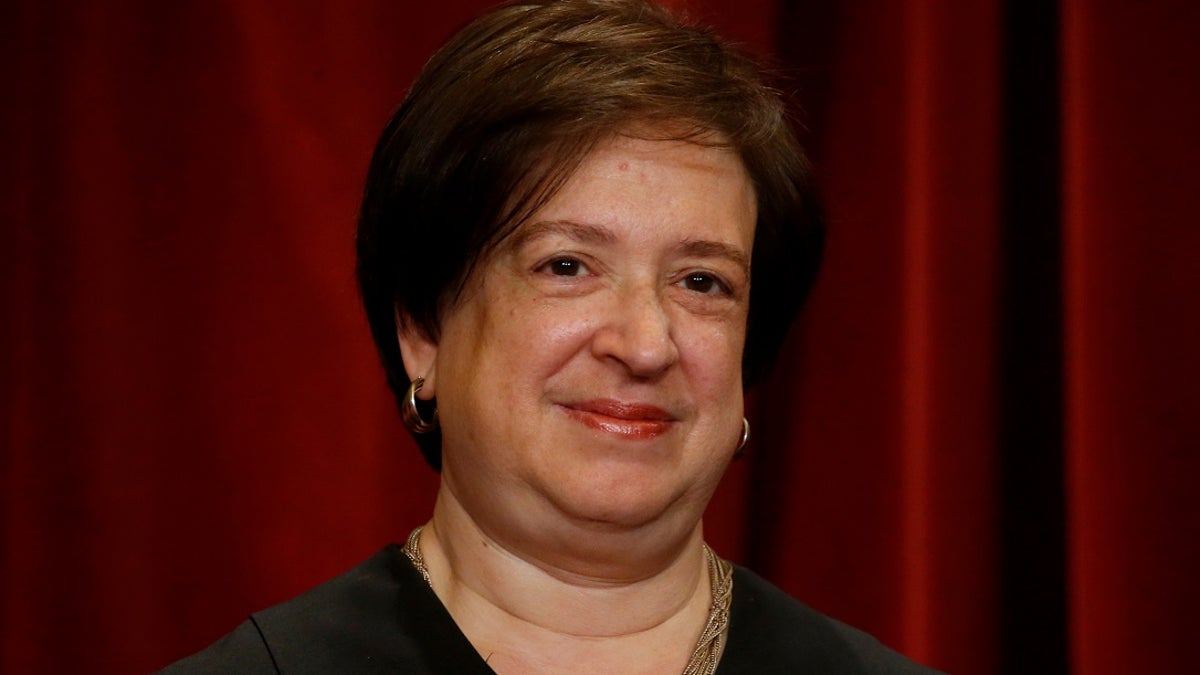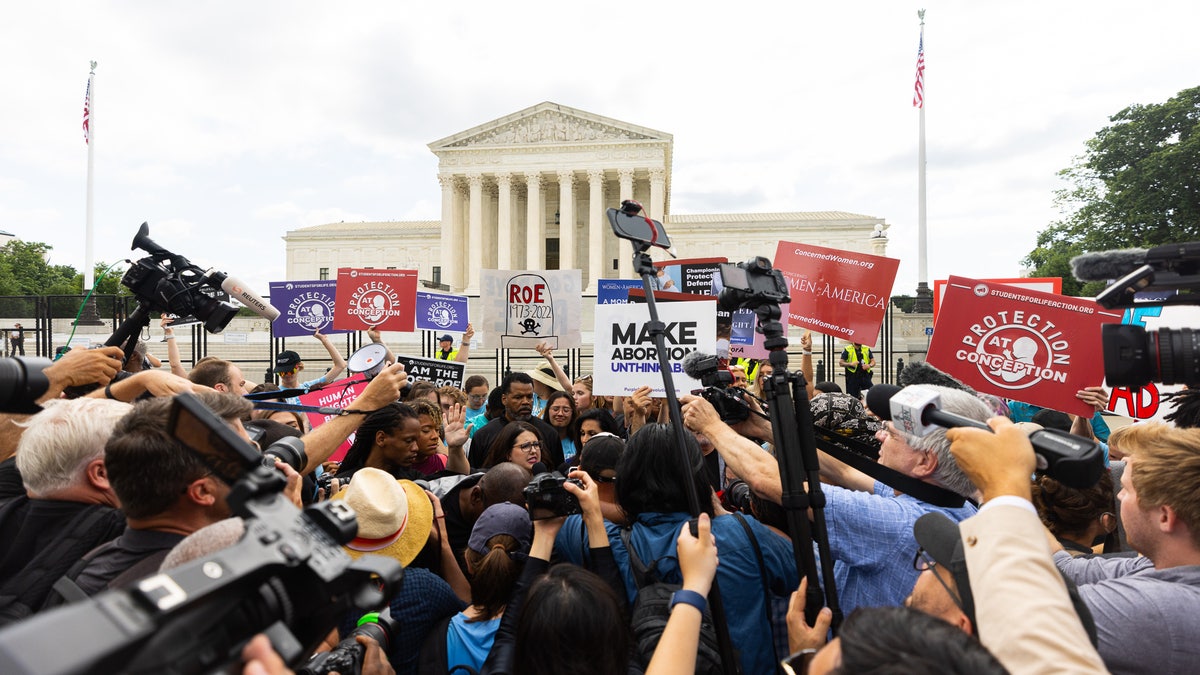Fox News Flash top headlines for September 13
Fox News Flash top headlines are here. Check out what's clicking on Foxnews.com.
Supreme Court Justice Elena Kagan warned that the Supreme Court risks its legitimacy when it makes sweeping changes to law that overturn existing precedent.
"Judges create legitimacy problems for themselves... when they instead stray into places where it looks like they’re an extension of the political process or when they’re imposing their own personal preferences," Kagan said at a livestreamed event in New York Monday, according to The Associated Press.
Kagan's comments come just a few months after the Supreme Court took the controversial step of overturning Roe v. Wade, the landmark abortion ruling that expanded access to the procedure in all 50 states.
Her warning was similar to the dissent she joined in that case, which accused the majority of replacing the rule of law with judicial preferences.
CHIEF JUSTICE JOHN ROBERTS SAYS BARRICADED SUPREME COURT WAS 'GUT-WRENCHING' TO SEE

Justice Elena Kagan joined the Supreme Court in 2010 after being nominated by President Barack Obama. (Reuters/Jonathan Ernst)
"The majority thereby substitutes a rule by judges for the rule of law," the opinion by Kagan and Justices Stephen Breyer and Sonia Sotomayor read.
But Kagan, who was nominated to the nation's highest court by President Barack Obama in 2010, insisted she was not referring to any specific ruling or string of rulings during her remarks, instead arguing the public has a right to expect "that changes in personnel don’t send the entire legal system up for grabs."
The court's ideological makeup shifted dramatically under the administration of President Donald Trump, who saw three of his nominees confirmed to the Supreme Court during his four years in office.
The confirmations secured a 6-3 conservative majority on the Supreme Court, setting the stage for the overturning of Roe, which had stood as precedent for nearly 50 years.

Crowds outside the Supreme Court react to the Dobbs ruling. (Joshua Comins/Fox News)
CLICK HERE TO GET THE FOX NEWS APP
According to polling by Pew Research Center, confidence in the Supreme Court has reached a new low after the controversial ruling, with the court's unfavorable rating hitting a record-high of 48% this year.
But Chief Justice John Roberts has defended the court's legitimacy in the wake of the ruling, arguing that justices cannot let public opinion be a guide to their rulings.
"Simply because people disagree with an opinion is not a basis for questioning the legitimacy of the court," Roberts said during a gathering of judges and lawyers in Colorado last week.


